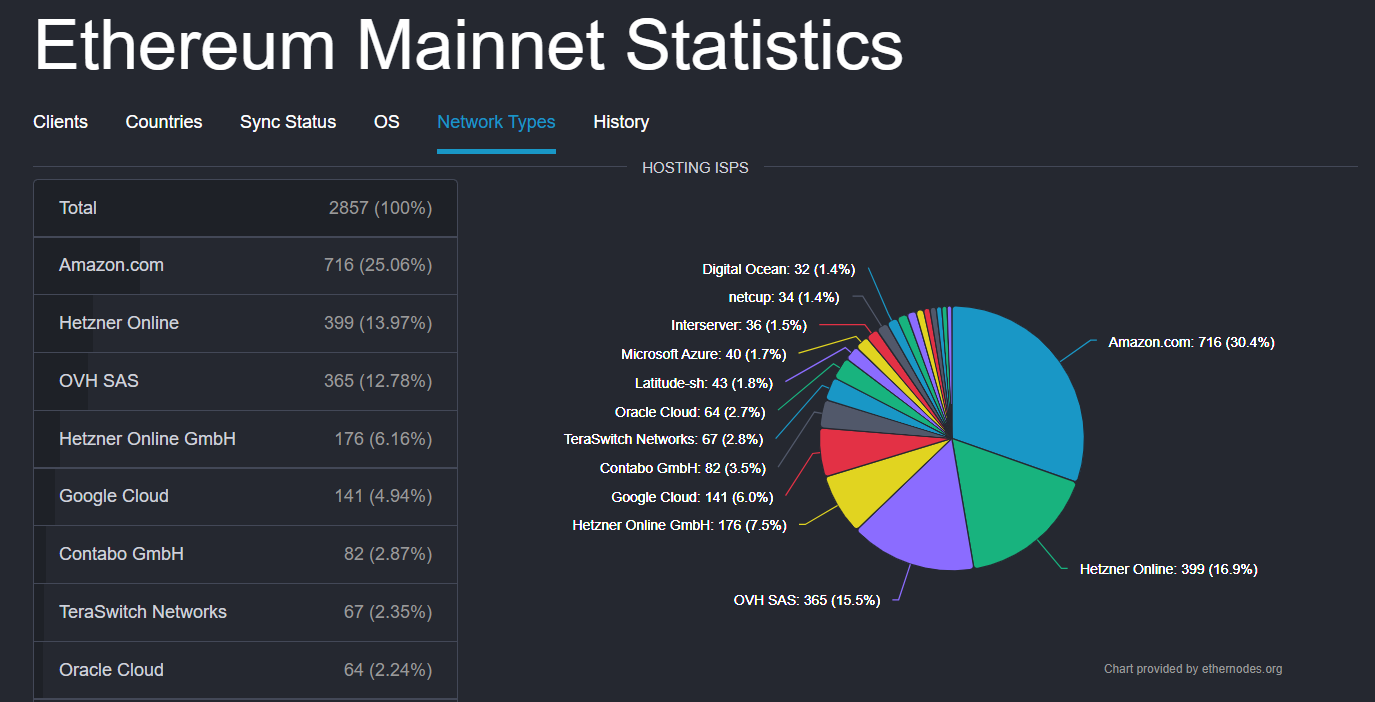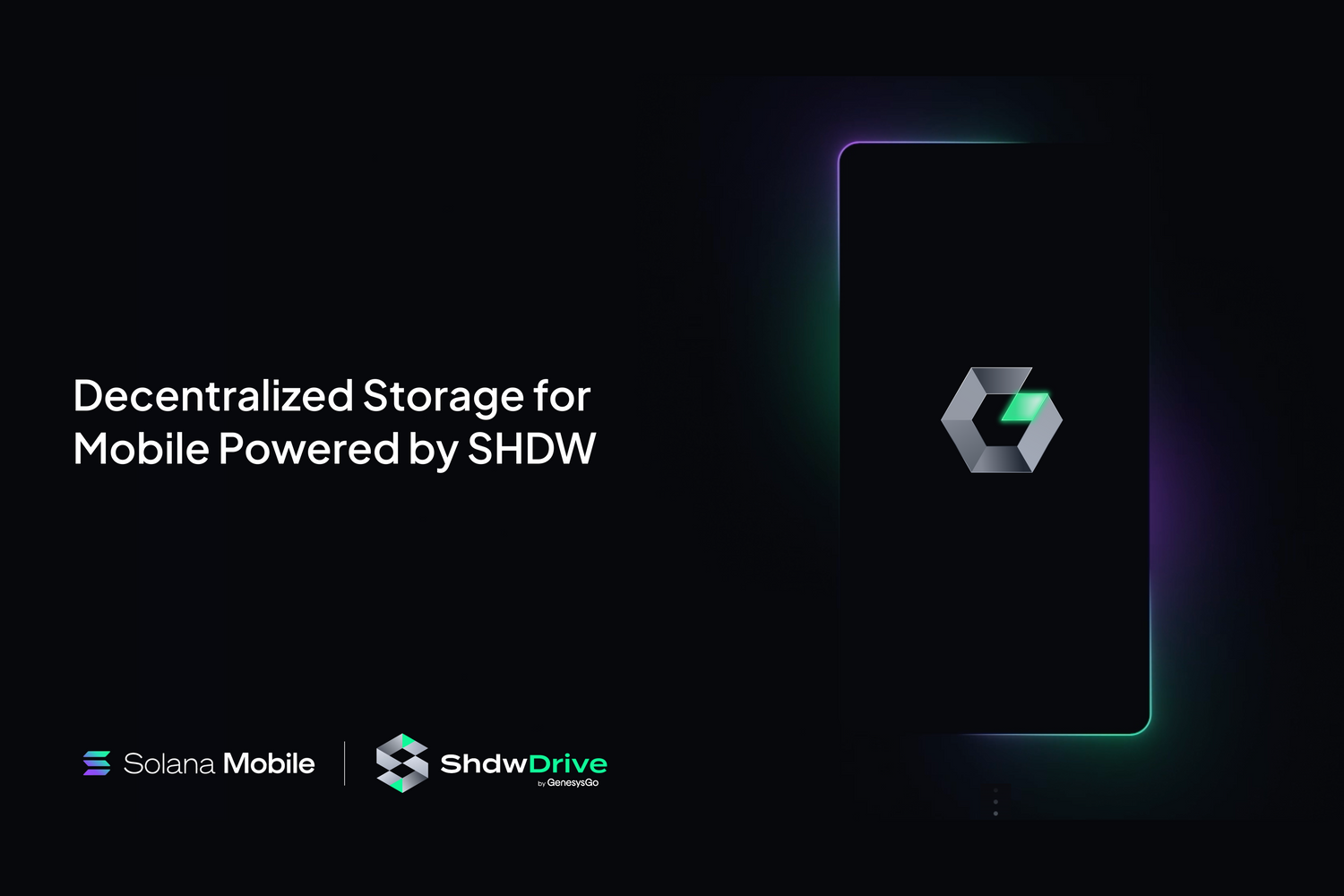
What Are The Biggest Obstacles to DePIN Growth? GenesysGo Founder Explains
In a recent appearance at ETHToronto, Frank Mathis highlights the next steps for DePIN’s future.
- Published:
- Edited:
GenesysGo founder Frank Mathis is no stranger to the highs and lows of crypto’s thriving DePIN sector.
Drawing on his years of experience, Mathis joined other DePIN thought leaders at ETHToronto, including Helium COO Scott Sigel, to discuss the future of the sector.
“If DePIN solves that, DePIN is inevitable”
Like many passionate crypto community members, DePIN advocates staunchly argue that DePIN is inevitable. Speaking to hundreds of crypto enthusiasts at ETHToronto, Mathis offered a refreshing point of view.
The GenesysGo founder argues that value creation for contributors is one of the most integral aspects of running successful DePIN networks. Mathis highlighted that, while DePIN promises to reward contributors as decentralized software scales, “it’s shocking how much of that is running on AWS and Google Cloud.”

For example, over 50% of Ethereum node operators are hosted on AWS, Hetzner, and OVH servers.
Reiterating the importance of wealth creation for contributors, Mathis contends “what DePIN really is, is an attempt to take one of the most centralized layers of the stack and decentralize that amongst the people such that they start to participate in the growth and success of these models.”
GenesysGo’s ShdwDrive is one such example. The decentralized storage solution empowers users to earn $SHDW tokens by providing unused mobile storage to a distributed network, directly generating income from a device that lives in their pocket.

Reflecting the ideal DePIN model proposed by Mathis, network contributors benefit from the growth and success of the platform. The GenesysGo founder reinforced this notion, opining “DePIN is only as inevitable as the value that participants in the network get from it… if DePIN solves that, DePIN is inevitable.”
Poor Performance “One of the Biggest Failings of DePIN”
On paper, the benefits of DePINs are obvious. However, in practice, these platforms often sacrifice performance and scalability in favor of decentralization. While this aids in value creation for contributors and increases security, it actually hamstrings performance and growth.
DePIN is often considered the natural evolution of the sharing economy, which delivered iconic businesses like Uber and Airbnb.
Drawing parallels between the pearls of the sharing economy and emerging DePIN projects, Mathis illustrated that “Uber became highly successful, not just because you’re able to share in pieces of things you don’t use everyday.. but because it worked well, it was fast, it was easy to use.”
Mathis argues that for DePIN projects to truly take off, they need to rival the performance standards set by centralized industry leaders. Referencing his experience with GenesysGo, the founder posits “in our case, our first principle [is] decentralized storage needs to be as fast, as secure, as stable, and perform every bit as well as a traditional Web2 cloud service.”
Abstraction is Key
The Web3 user experience has long been considered one of the industry’s biggest obstacles to adoption. The complexities of wallet management and security have discouraged newcomers to space for over a decade, and continue to repel potential users today.
Mathis insists that abstracting the end-user experience away from blockchain technology is key to the success of the industry. Reinforcing this belief, the founder affirms “Your end user shouldn’t know that they’re interacting with Web3”
Comparing to relevant experience, Mathis contends “When I book an Airbnb or book an Uber, I have no idea what’s going on on the backend, and I don’t care, I just need to it work, I need it to be easy.”
Looking towards the future, Mathis considers DePIN regulation will present a significant obstacle to the sector’s growth. However, instead of taking a chagrined approach to future regulatory concerns, the GenesysGo founder suggests that DePIN projects need to take on some responsibility.
“There’s gonna be an onus on us as participants in the DePIN space to be very proactive over the next 5 years with engaging regulatory bodies, so that we don’t end up in the place that we ended up with crypto tokens and the SEC.”
Future regulatory concerns or not, Solana’s DePIN ecosystem continues to be one of the network’s most exciting sectors. As the hype surrounding memecoins dies off, DePIN platforms like GenesysGO might witness renewed interest as attention rotates back into established protocols.
Read More on SolanaFloor
Jito secures more partnerships, pushing its TVL even higher
Jito SOL TVL Up 107% YTD As Liquid Restaking Ecosystem Expands
Learn All About the Solana Ecosystem


